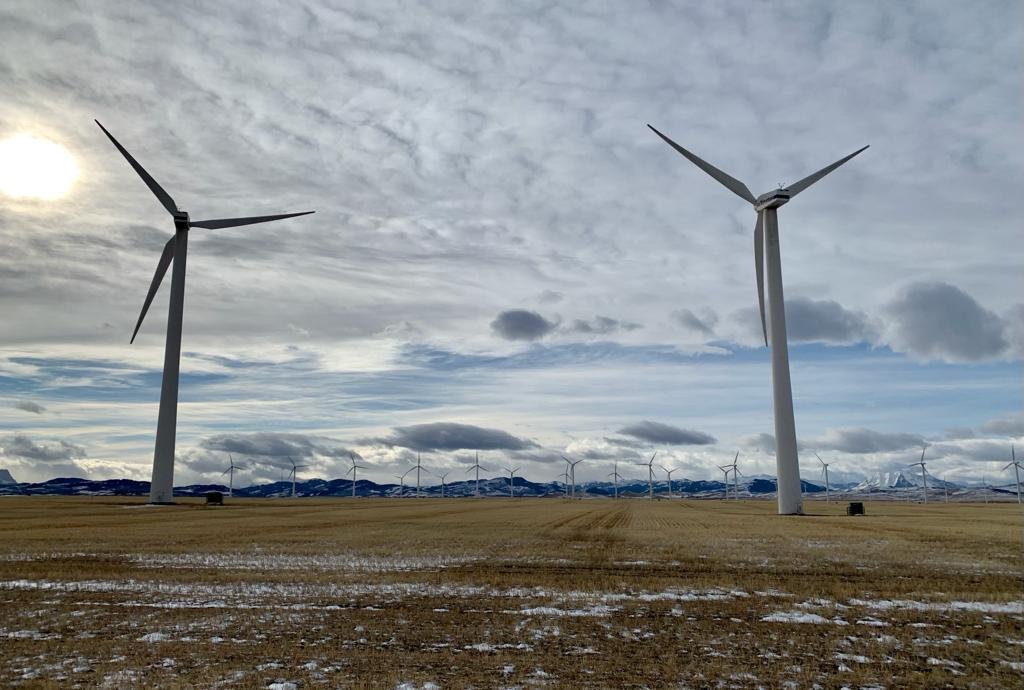
Climate coverage resources
Talking about climate change is often intimidating, and worse, people often don’t want to admit it. They’re worried their lack of scientific expertise will suddenly be obvious. They’re also worried that what they find out is just going to leave them terrified, with no agency or sense of what they should do next. Feeling dumb and scared is not a great feeling, and it’s extremely common when it comes to climate journalism.
But I truly believe people of all backgrounds and expertise can help by talking and writing about climate change. To help you wade in, here are a few of my favourite resources (including ones myself or my colleagues have created). For more general resources on journalism, trust in news, and how audiences understand news around the world, the Reuters Institute generally is a great resource.
A Basic Climate Dictionary
I compiled this glossary for the EBU Climate Journalism That Works report, which runs through the basics. Its reference material is various UN agencies and reports, which you can find at the end of the glossary, and its aim is to be as simple as possible. The full report is here, and includes a lot of information on climate communication and psychology. It is strategy focused so is particularly useful for those managing newsrooms or NGOs.
How we follow climate change: News use and attitudes in 8 countries (2025)
This Reuters Institute report by my colleague Dr. Waqas Ejaz is probably the most global and comprehensive research series to date on how audiences understand and relate to climate change in the news. This is the fourth year of the report. The 2022 report is here, 2023 is here, and 2024 is here.
The Global South Climate Database
This collaboration between Carbon Brief and the OCJN (particularly Ayesha Tandon and Diego Arguedas Ortiz) aims to give journalists and experts a wealth of climate change expertise, across both the physical and social sciences. Best of all, these 1000+ experts are from the Global South. We actually used our own database to find great speakers for the OCJN.
Diversify your climate diet
Great climate journalism is happening all over the world if you know where to look. In the summer of 2022, we published a weekly climate essay from a journalist around the world, which you can find here. I love checking in on El Surti, RTÉ’s ‘Climate Heroes’ series, investigative bombshells from El CLIP, TBIJ, and Bloomberg Green, data series from Amenaza Roboto and Datadista, explainers from The Wire, and daily coverage from the Daily Maverick and The Nation.
Mental health and climate anxiety
The mental toll of covering climate change is huge, yet there is still little recognition or support inside or outside newsrooms. This 2024 study from Dr. Anthony Feinstein and Dr. Jillian Mead looked at the impact of climate reporting on OCJN alumni; the presentation and initial findings are linked above, with publications linked below. Most strikingly, almost half reported symptoms of anxiety, around half had no support in their newsrooms, and a third had been personally lost a family member, friend or a home to climate change.
You can see a paper based on this study (open to anyone) from the Journal of the Royal Society of Medicine, published December 2025 here. The findings were also published by Traumatology here.
Meanwhile, climate anxiety is a society-wide phenomenon. The CBC in Canada also now has resources on climate and trauma, which features climate journalists and Dr. Feinstein. The Self Investigation does some work on burnout and climate anxiety in both Spanish and English, and the DART Centre is a good resource for reporting generally, including reporting on and recovering from covering disasters.
Other organisations
Besides the OCJN, many organisations work actively on climate journalism and communication. One of my favourites is the Climate Action Unit at University College London, where scientists, communications experts neuroscientists study how we understand—or don’t—climate change. In the U.S., Covering Climate Now is a great resource, as is Carbon Brief, the Earth Journalism Network and CLEW. Regional and national climate journalism organisations are also great, including the Swiss, Austrian and Ghanaian climate journalism groups.
Favourite Books and Articles
Many of my favourite books and articles on climate change address polarisation over the climate head on. These include Katharine Hayhoe’s brilliant book Saving Us: A Climate Scientist’s Case For Hope and Healing in a Divided World, which is my favourite book on climate change, and is especially great if you live somewhere politically polarised or are interested in climate and faith. I also love the Outrage + Optimism podcast, and Elizabeth Kolbert’s brilliant Climate Change A to Z.